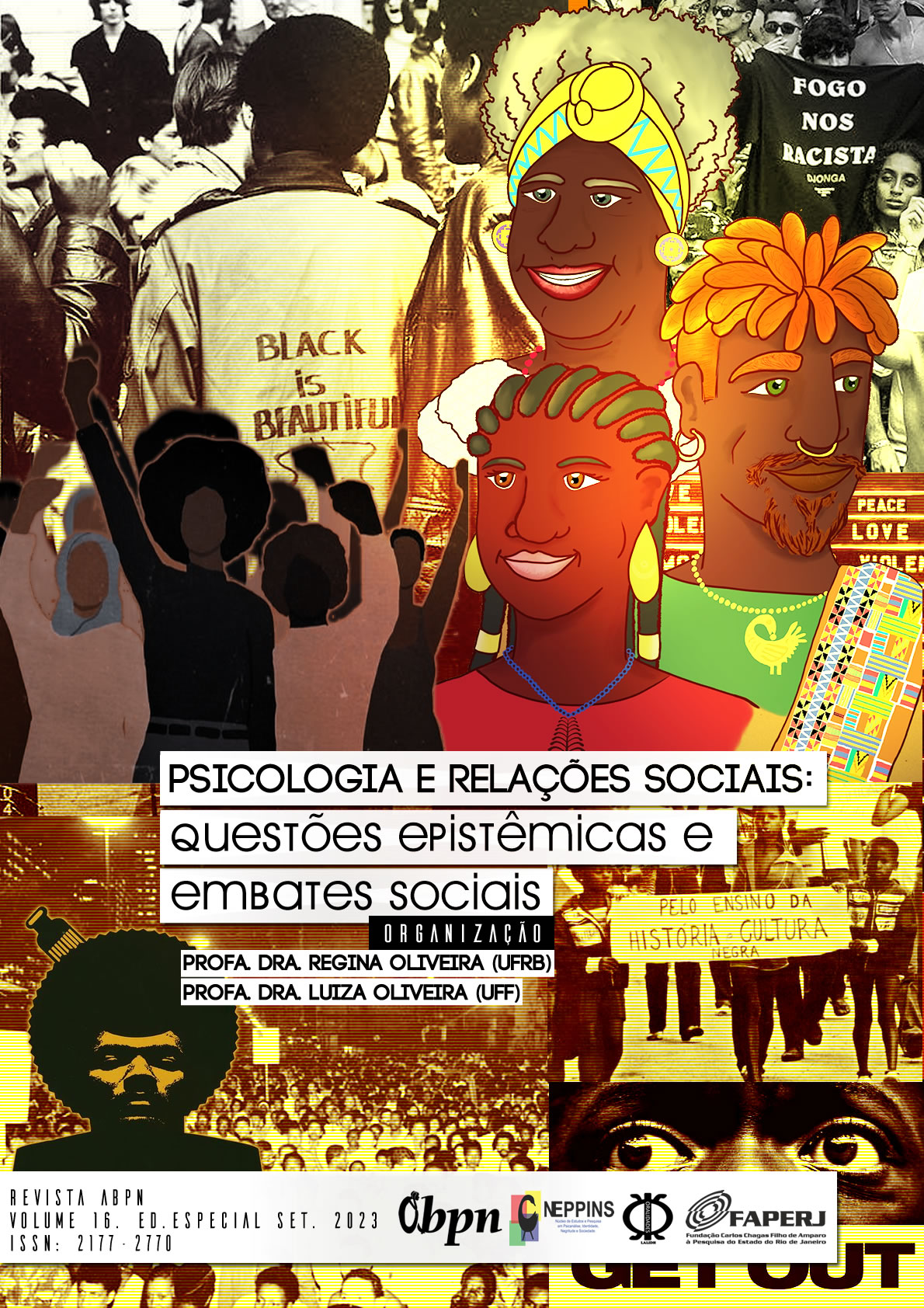DECAPITATED AND BEHEADED STATUES: RELIGIOUS RACISM, A QUESTION FOR PSYCHOLOGY? Racismo religioso, ¿una pregunta para la Psicología?
Main Article Content
Abstract
Recently, scholars, activists of social movements and adherents of religions of African origins have adopted the expression “religious racism” to refer to cases of
religious intolerance related to the cultural traditions of the former enslaved, evidencing strategies for perpetuating the system of inequalities and oppressions and the maintenance of the privileges of one religious segment in favor of the other. The article aims to discuss how this social process takes place in the context of the city of Natal, with emphasis on the ways of “doing-city” that try to subvert this religious racism. As a methodological procedure, we used the digital version of Jornal Tribuna do Norte as a search panel. We could see how much religious racism acts as an important vector of subjectivation in the daily life of the city. A veiled and subtle racism, voracious and annihilating, which should constitute an object of interest for Psychology.
Article Details

This work is licensed under a Creative Commons Attribution 4.0 International License.
Copyright Statement
- Authors retain copyright and grant the journal the right of first publication, with work simultaneously licensed under the Creative Commons Attribution License CC-BY 4.0 which allows the sharing of the work with acknowledgment of the authorship of the work and initial publication in this journal.
- Authors are authorized to enter into additional contracts separately for non-exclusive distribution of the version of the work published in this journal (eg, publishing in institutional repository or book chapter), with acknowledgment of authorship and initial publication in this journal.
- Authors are allowed and encouraged to post and distribute their work online (eg in institutional repositories or on their personal page) at any point before or during the editorial process, as this may lead to productive changes as well as increase impact and citation of published work (See The Effect of Free Access).

